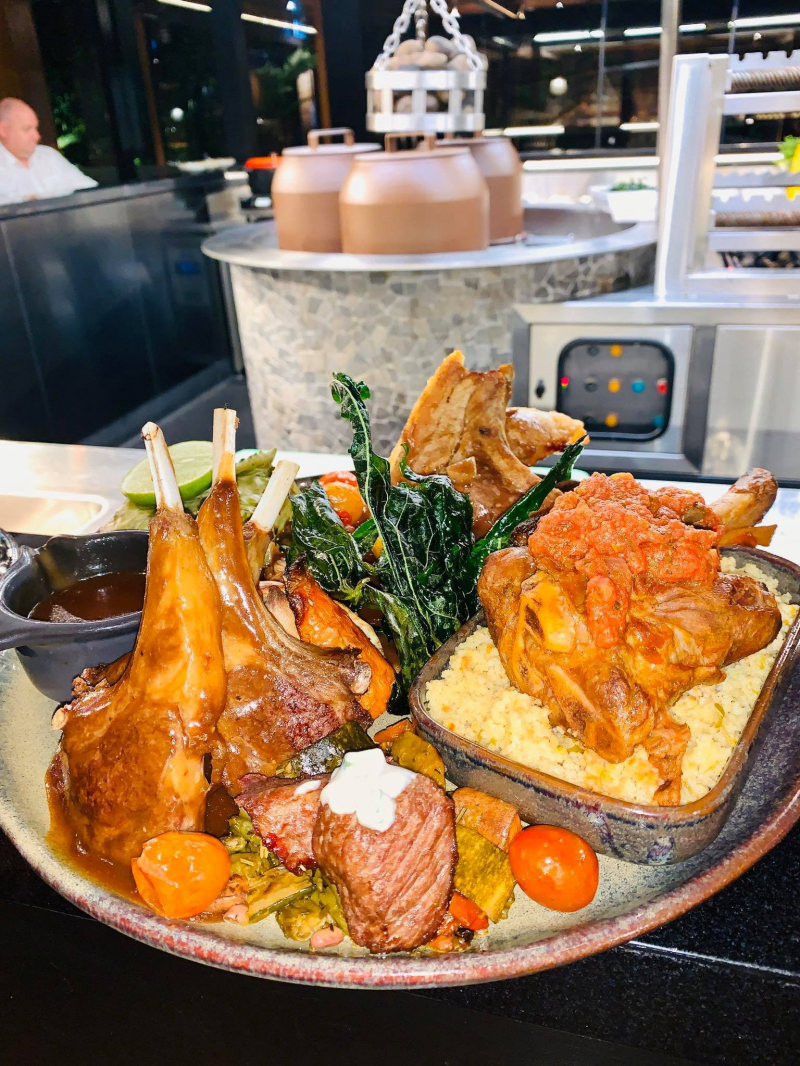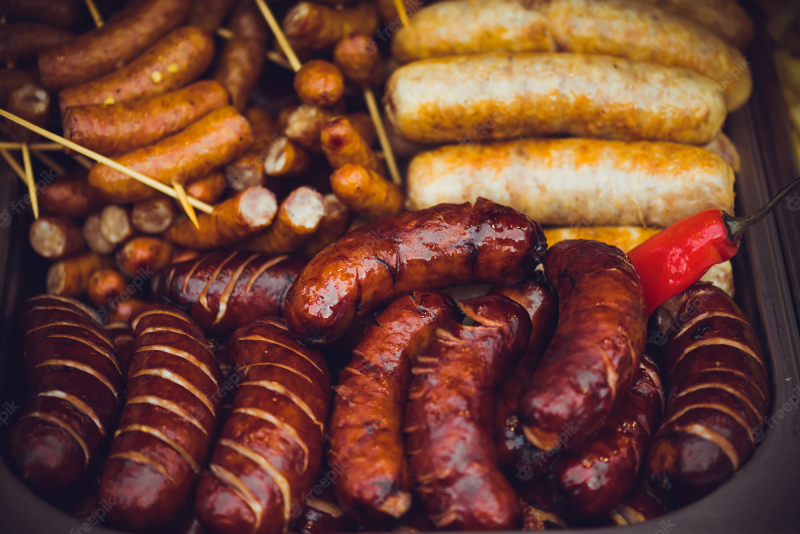Dining Etiquette
Papua New Guineans eat two major meals every day, with occasional snacks in between. Requesting more food after the main courses may be seen as the host failing to appropriately provide food for their guests. When eating, the spoon or one's hands are the most widely utilized utensil. The vast majority of individuals will eat on the floor. Tables are also often utilized in cities. Alcohol is not often consumed. Furthermore, it is severely limited in many locations. Stepping over food is considered disrespectful.
Eating etiquette differs depending on the person's status and the connections of others present. Pregnant women and those participating in initiation ceremonies, for example, face limitations. These limitations differ from one tribe to the next. Furthermore, etiquette based on relationships with persons present includes prohibiting a son-in-law from eating particular foods while in the company of his mother-in-law. Some eating habits are totemic, in which particular foods that are symbolic of kin groupings, such as specific plants or animals, are prohibited.









